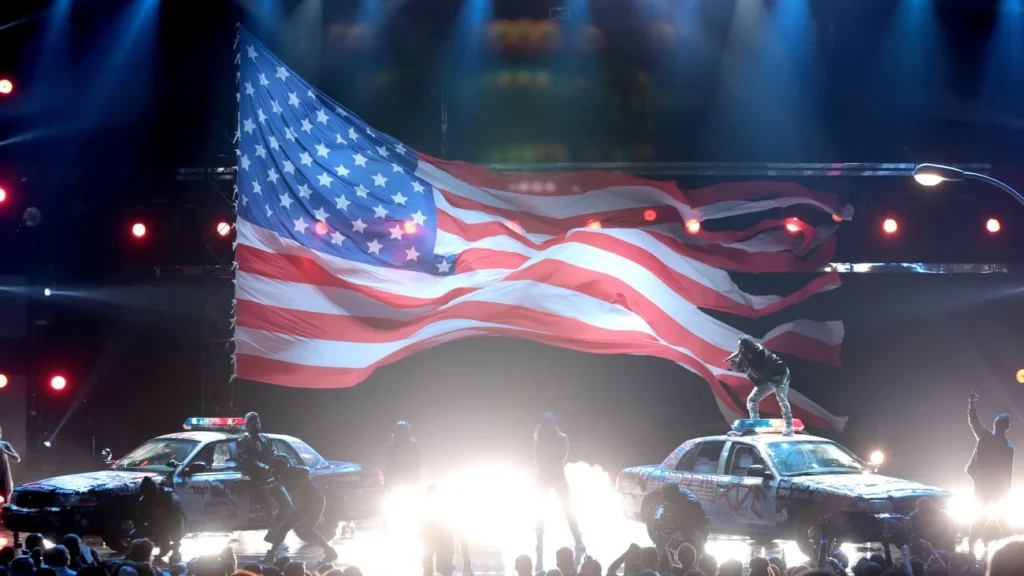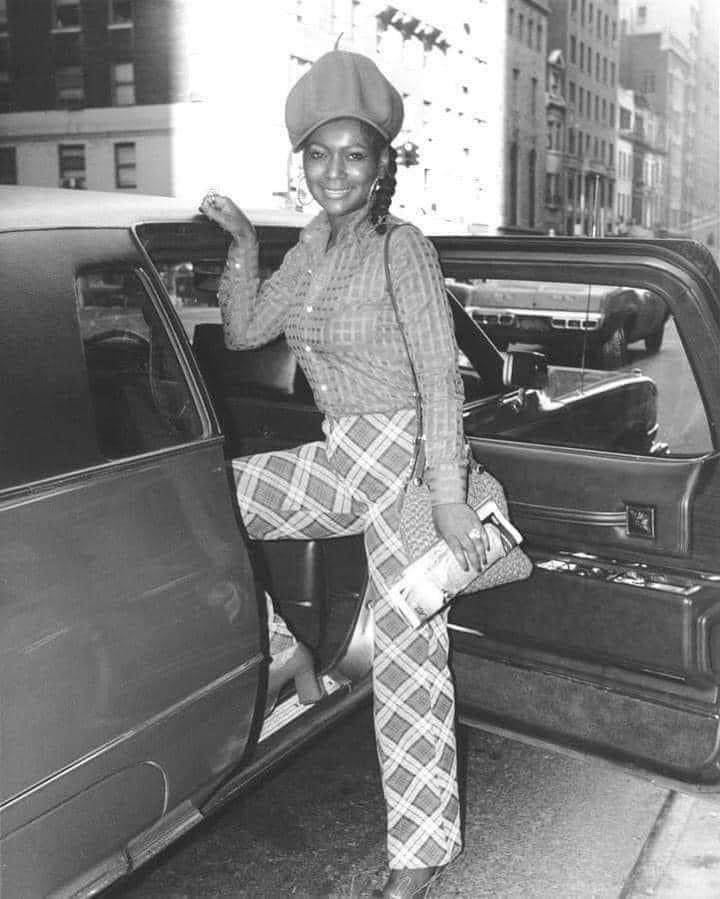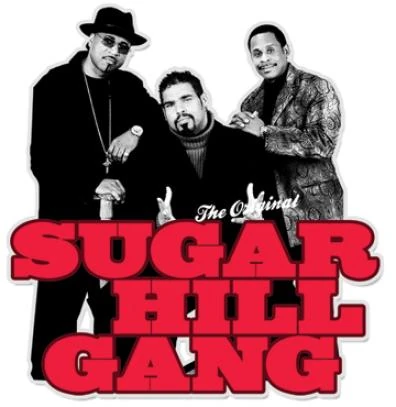
Mark Davis/BET/Getty Images
THE ORIGIN OF RAP MUSIC
“The story goes that on August 11, 1973, DJ Kool Herc, a building resident, was entertaining at his sister’s back-to-school party, and tried something new on the turntable: he extended an instrumental beat (breaking or scratching) to let people dance longer (break dancing) and began MC’ing (rapping) during the extended mix”
“Stemming from the hip-hop cultural movement, rap music originated in the Bronx, New York City, in the early 1970s and became part of popular music later that decade.”
“Rap first came to national prominence in the United States with the release of the Sugarhill Gang’s song “Rapper’s Delight” (1979) on the independent African American-owned label Sugar Hill. Within weeks of its release, it had become a chart-topping phenomenon and given its name to a new genre of pop music.”
The Sugar Hill Gang – Rapper’s Delight

The first-ever rap song produced was Rapper’s Delight in the summer of 1979. Three Bronx rappers named the Sugar Hill Gang recorded it and it was produced by Sugar Hill Records.
This is Sylvia ROBINSON then, the CEO and founder of Sugar Hill Records AND the Producer of Rapper’s Delight and a little later, The Message by Grand Master Flash and the Furious Five in 1982. It is said that Melle Mel did not want to record the seven-minute rap song that shared brutal honesty of social issues in the city at the time, but she insisted. And she was right. Both rap songs became instant hits that made history by putting rap music, created by the voiceless in the streets of NYC, front and center for the rest of America.

Sugarhill Gang, an American rap group best known for its hit single “Rapper’s Delight,” which was the first rap song to achieve mainstream success on the pop charts. The group’s original members were Wonder Mike (byname of Michael Anthony Wright; b. April 30, 1957, Englewood, New Jersey, U.S.), Big Bank Hank (byname of Henry Lee Jackson; b. January 11, 1956, Bronx, New York—d. November 11, 2014, Englewood), and Master Gee (byname of Guy O’Brien; b. June 15, 1962, Teaneck, New Jersey).
The group was formed in Englewood, New Jersey, in 1979 when record producer Sylvia Robinson decided to put together a group to record a rap single. Robinson, formerly half of the rhythm and blues duo Mickey & Sylvia, was the founder of All Platinum Records with her husband, Joe Robinson. Faced with impending financial bankruptcy, the Robinsons dissolved their All Platinum label and reorganized it as Sugar Hill Records, named for a neighborhood in New York City’s Harlem. After Big Bank Hank, Master Gee, and Wonder Mike auditioned, Sylvia Robinson selected all three for the new group, which she named the Sugarhill Gang.
Hip Hop History: From the Streets to the Mainstream
“Hip Hop Pioneers. Several people were influential in creating hip-hop. However, the most notable pioneers are DJ Kool Herc, Afrika Bambaataa, and Grandmaster Flash. These three innovators are known as the “Holy Trinity” of hip-hop.”
~
History of Rap – The True Origins of Rap Music
Rap music is undeniably one of the most popular music genres to date but how well do you know the history of rap? Join me as I take a stroll down memory lane and revisit the origins of what we know today as Hip-Hop.
What does rapping mean?
Rap is actually a very old word. You can find the term popping up as early as the 15th and 16th centuries in Britain. Initially, the word rap meant to strike or to hit. A few centuries later a slight variation of this definition appeared which meant to speak or talk. In America, around the 1960’s it began to pop up in the black community and was used as a slang word to mean that someone was talking or having a conversation.
The roots of rapping
Thousands of years ago in Africa “griots”, were village story tellers who played basic handmade instruments while they told stories of their family and local current events. This style of talking while music is playing is rap music as we know it at its root form. The griot is still a major form of communication in Africa to this day.
 This griot tradition carried over when Africans were captured against their will, transported to America & forced into slavery. One way they would cope with the tremendous amount of pain & heartbreak of slavery would be to sing. While they were working in the fields they would often sing using “call to answer”. One leader would call out a certain part of a song and the rest of the slaves would answer with the next line. In modern times performing artists call this emceeing or crowd participation.
This griot tradition carried over when Africans were captured against their will, transported to America & forced into slavery. One way they would cope with the tremendous amount of pain & heartbreak of slavery would be to sing. While they were working in the fields they would often sing using “call to answer”. One leader would call out a certain part of a song and the rest of the slaves would answer with the next line. In modern times performing artists call this emceeing or crowd participation.
History is about to be made
On August 11, 1973, in the Bronx, New York history was about to be made. DJ Kool Herc (now known as the first DJ & founding father of hip hop) & his sister Cindy began hosting back-to-school parties in the recreation room of their building. It was these gatherings that would spark the beginning of a new culture we know today as Hip-Hop. One night during  DJ Kool Herc’s set he tried something new he called “merry-go-round”. He used two turntables playing the same breakbeat section of the James Brown record “Clap Your Hands”. When one turntable would finish playing the section he would switch to the other turntable and play the same section. This allowed him to extend that section of the song as long as he wanted. This technique is now referred to as looping and is used by record producers in almost every beat.
DJ Kool Herc’s set he tried something new he called “merry-go-round”. He used two turntables playing the same breakbeat section of the James Brown record “Clap Your Hands”. When one turntable would finish playing the section he would switch to the other turntable and play the same section. This allowed him to extend that section of the song as long as he wanted. This technique is now referred to as looping and is used by record producers in almost every beat.
~
